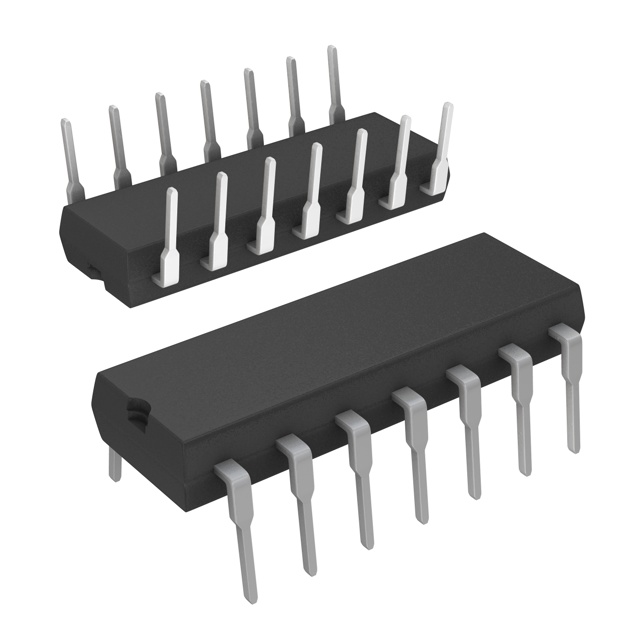In Stock : 0
Please send RFQ , we will respond immediately.









NL17SZ14XV5T2G Specifications
-
TypeParameter
-
Package / CaseSOT-553
-
Supplier Device PackageSOT-553
-
Mounting TypeSurface Mount
-
Operating Temperature-55°C ~ 125°C
-
Max Propagation Delay @ V, Max CL5.9ns @ 5V, 50pF
-
Input Logic Level - High1.4V ~ 3.6V
-
Input Logic Level - Low0.2V ~ 1.2V
-
Current - Output High, Low32mA, 32mA
-
Current - Quiescent (Max)1 µA
-
Voltage - Supply1.65V ~ 5.5V
-
FeaturesSchmitt Trigger
-
Number of Inputs1
-
Number of Circuits1
-
Logic TypeInverter
-
PackagingCut Tape (CT)
-
PackagingTape & Reel (TR)
-
Product StatusObsolete
-
Series17SZ
The NL17SZ14XV5T2G is a specific model of integrated circuit chip, which is a single gate buffer with Schmitt trigger inputs. Here are some advantages and application scenarios of this chip:Advantages: 1. Compact size: The NL17SZ14XV5T2G is a small-sized chip, making it suitable for applications where space is limited. 2. Low power consumption: It operates at low power levels, making it energy-efficient and suitable for battery-powered devices. 3. Schmitt trigger inputs: The Schmitt trigger inputs allow for hysteresis, which helps in reducing noise and improving the robustness of the signal. 4. Wide operating voltage range: It can operate within a wide range of supply voltages, making it versatile for various applications. 5. Fast switching speed: The chip has a high-speed operation, enabling quick response times in applications.Application scenarios: 1. Signal conditioning: The NL17SZ14XV5T2G chip can be used for signal conditioning applications, where it helps in shaping and stabilizing input signals. 2. Level shifting: It can be used for level shifting applications, where it converts signals from one voltage level to another. 3. Noise filtering: The Schmitt trigger inputs of the chip make it suitable for noise filtering applications, where it helps in removing unwanted noise from signals. 4. Sensor interfacing: It can be used for interfacing sensors with microcontrollers or other digital devices, where it helps in converting sensor signals to compatible levels. 5. Communication systems: The chip can be used in communication systems, such as UART (Universal Asynchronous Receiver-Transmitter) interfaces, where it helps in signal conditioning and level shifting.It's important to note that the specific advantages and application scenarios may vary depending on the requirements and design considerations of a particular project.
NL17SZ14XV5T2G Relevant information
















